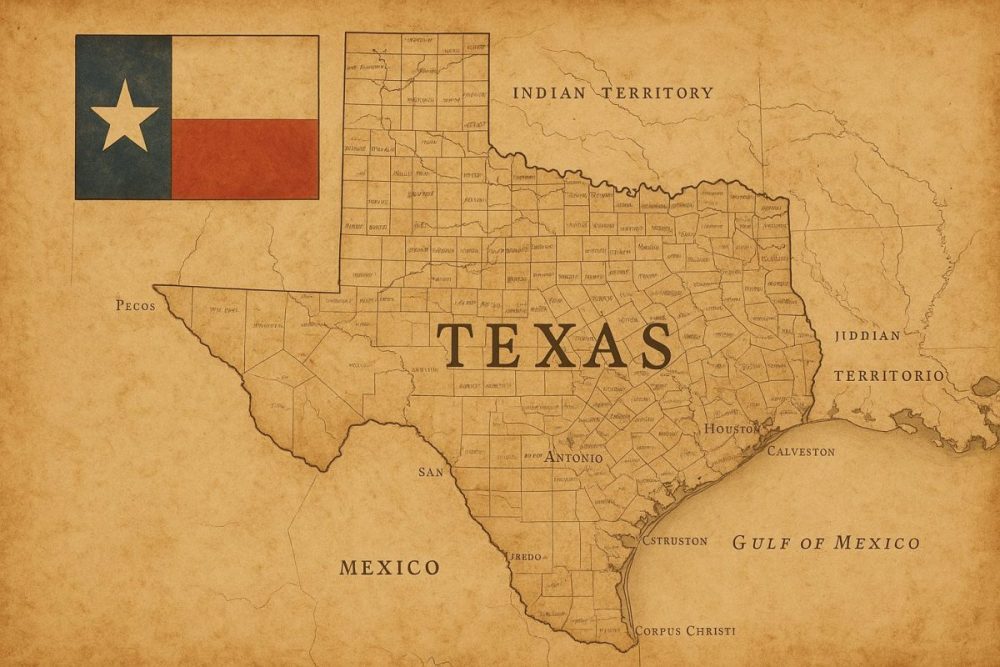Ten Commandments Have a December 1 Deadline for Some Texas School Districts
November 24, 2025 – A federal judge has issued a preliminary injunction ordering certain public school districts in Texas to remove displays of the Ten Commandments from classrooms by December 1, 2025 — and banning the placement of any new ones. The ruling, handed down by Orlando L. Garcia, came in the case Cribbs Ringer v. Comal Independent School District, which was filed in September by 15 multifaith and nonreligious families whose children attend schools in districts covered by the order.
The injunction specifically applies to the districts named in the lawsuit, which include Alamo Heights, North East, Austin, Cypress Fairbanks, Lackland, Lake Travis, Fort Bend, Houston, Dripping Springs, Plano, and Northside.
Garcia’s decision cites the U.S. Constitution’s Establishment Clause, concluding that the mandated classroom displays under the state’s law — Senate Bill 10 — likely violate students’ and families’ rights by effectively endorsing religion in public-school settings. The judge wrote that it would be “impractical, if not impossible” to shield plaintiffs from unwelcome religious displays without stopping enforcement of the law in the affected districts.
The injunction applies to fourteen districts, including some of the state’s largest and fastest-growing school systems. Districts must confirm compliance by early December. While the ruling directly binds only those districts named in the lawsuit, civil-liberties groups — including ACLU of Texas, Americans United for Separation of Church and State, and Freedom From Religion Foundation — are urging all Texas school districts to refrain from enacting the law, arguing that the constitutional protection extends statewide.
Parents and advocates praised the ruling. One plaintiff said she was relieved that her children — a religious minority in their school — would no longer face constant exposure to state-endorsed religious messaging. Legal experts suggest this decision could shape how other states handle similar laws and may be influential if the issue reaches higher courts.







